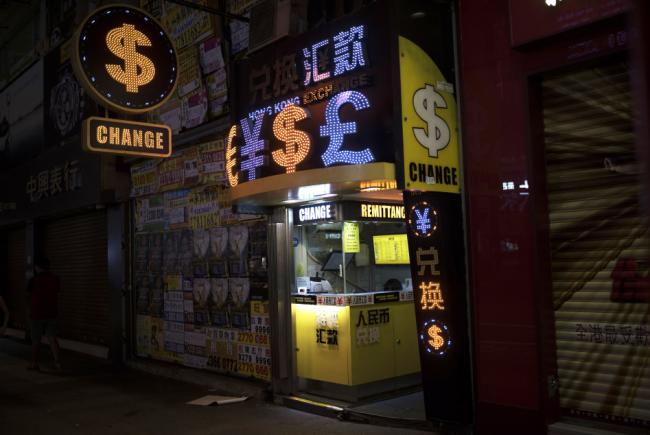(Bloomberg) -- The current-account deficit is making a comeback as a reason to sell some Asian currencies, according to Credit Suisse (SIX:CSGN) Group AG.
U.S. President Donald Trump’s order to impose metal tariffs last week added to the pressure Asian exchange rates are facing this year from a hawkish Federal Reserve and rising Treasury yields. While a trade war is unlikely to break out, inflows into risk assets will be stymied, shining the spotlight on countries needing funds to narrow their deficits, said Trang Thuy Le, a macro-strategy analyst in Hong Kong.
“Deficit currencies such as Indonesia’s rupiah, India’s rupee and the Philippine peso are likely to be more vulnerable just because they need funding for their current-account deficits, and the environment is not supportive for portfolio flows,” said Trang. “India and Indonesia also have had large inflows into their respective markets recently so they are at risk of a reversal.”
India and Indonesia have recorded current-account deficits since 2005 and 2011, respectively, while the Philippines expects to post a third straight annual shortfall this year.
Since the U.S. Commerce Department recommended imposing tariffs on steel and aluminum imports in mid-February, all but three of Asia’s currencies have weakened, with the rupiah’s slide of more than 1.5 percent the biggest among them. While Indonesia isn’t a notable exporter of those metals, its currency is often seen as a bellwether for how investors view the region given that foreigners own almost 40 percent of rupiah-denominated government debt.
Bank Indonesia has vowed to continue intervening to support the rupiah as the yield on 10-year notes surged to the highest since November last week. While jitters over a trade war eased after the U.S. agreed to exempt some countries from the metal tariffs, investors are still wary as China warned it would defend its interests.
(Adds comments from Indonesia and China officials in sixth paragraph.)
